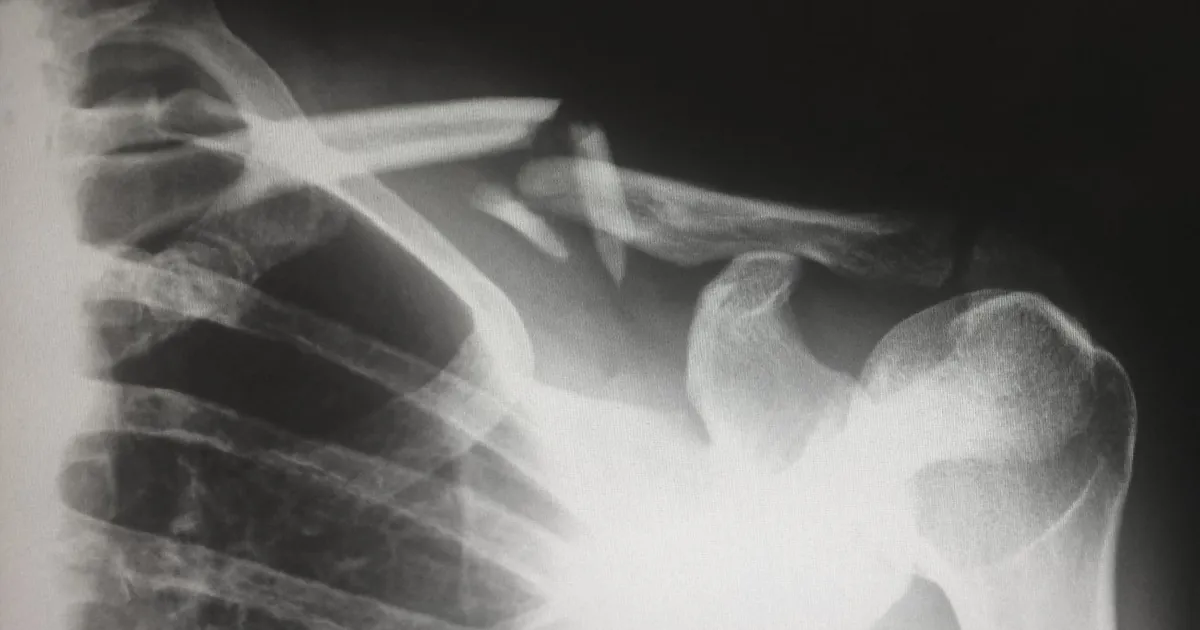Explore the legal difference between medical malpractice and medical negligence. Learn more about how malpractice versus negligence can affect a medical lawsuit.
With four years of medical school and a minimum of three years of hands-on training in residency, all boarded physicians are highly educated professionals with a deep knowledge of the human body and its systems. However, doctors aren’t perfect and accidents happen. When they do, the outcome can be disastrous. A simple mistake can cause disability, disfigurement or even death, turning a routine procedure into a living nightmare for patients and their loved ones.
If you or someone you love has been affected by an error during a medical treatment, taking legal action can be the best recourse. However, the path forward may be dependent on identifying negligence versus malpractice.
What Is Medical Malpractice?
Doctors take an oath upon entering the medical profession and owe a certain duty of care to their patients. Medical malpractice refers to an intentional neglect of this duty for any reason. If, for example, a doctor deliberately fails to administer a necessary medication to a patient out of disinterest and the patient passes away, this could be considered malpractice versus a tragic accident.
Intent plays a key role in medical malpractice. For a case to qualify as malpractice, the medical professional providing care must be aware of the mistakes they are making and neglect to correct their behavior despite knowing full well that a patient could be harmed.
Overprescribing medication or pushing a dangerous procedure on a patient for the sake of compensation are common causes of medical malpractice. If a surgeon paid based on productivity urges a patient into an elective procedure despite the potential for a poor outcome and the patient dies, this could be considered malpractice. Patients do not have to die in a malpractice case; any harm caused by intentional actions can qualify.
 Harlie Raethel/Unsplash
Harlie Raethel/UnsplashWhat Is Medical Negligence?
Medical negligence is similar to medical malpractice in that a medical practitioner’s duty of care is ignored. However, negligence doesn’t require the same level of intent. If a doctor fails to provide a patient with a lifesaving prescription drug because they simply forgot to fill the script or communicate dosage to a nurse, this falls into the realm of negligence rather than malpractice.
Accidents happen in all fields, and that includes medicine. Negligence can cover a wide range of different actions, from inadvertently giving a patient too much anesthesia to failing to note a negative interaction between two prescriptions. In some cases, negligence can be remedied with quick intervention, but in others, a patient may be significantly harmed. Medical professionals who commit medical negligence have no ill will or negative intent but rather make an accidental error that puts a patient’s life at risk.
The Law and Medical Error
Intent plays a significant role in the gap between medical malpractice and medical negligence. Negligence is an inadvertent mistake while malpractice is deliberate.
Due to the thought process involved in committing malpractice, medical malpractice is generally more difficult to argue successfully in court. Many medical practitioners will argue that their mistakes were accidental and they had no intention to harm, even if the opposite is true. Further, hospitals or clinics facing malpractice cases are motivated to protect their employees and avoid the steep payouts malpractice can warrant, so it’s not uncommon for medical facilities to argue negligence even if malpractice is known.
Understanding the difference between medical negligence and medical malpractice can influence the outcome of a case on a significant level. Medical malpractice restitution tends to be higher than in medical negligence cases as intent influences severity. Malpractice can also carry long-term ramifications for a provider’s career in a way negligence usually doesn’t. As such, if a case can be clearly identified as malpractice, it is best to move forward with a malpractice suit versus a negligence suit.
 Artur Tumasjan/Unsplash
Artur Tumasjan/UnsplashGetting Help
As outlined above, proving malpractice can be very challenging. If a case’s details are foggy or there is no definitive evidence supporting malpractice, pursuing this avenue can result in a lost case with no compensation at all.
Before suing for malpractice or negligence after a poor medical outcome, it’s important to partner with an experienced attorney. Legal professionals who work in the medical space are well positioned to interpret the facts of a case and determine the best way to proceed in making legal claims. For example, an attorney can ascertain whether the facts of a case support true malpractice or if it’s more appropriate to argue negligence in hopes of receiving some sort of settlement.
It’s important to note that a poor outcome in a medical case may be neither malpractice or negligence. Sometimes, doctors do all they can to save a patient, but extenuating circumstances outside of a medical professional’s control can complicate the situation. An attorney can also help in identifying whether a case exists at all or whether patient death or disability is simply a sad reality of the limitations of modern medicine.






